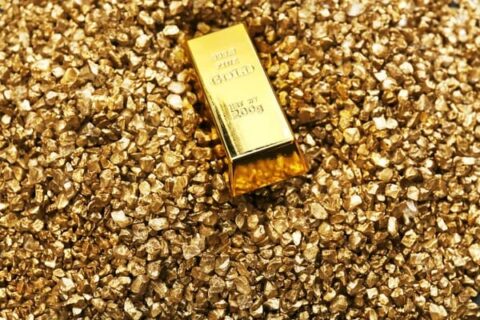The People’s Bank of China (PBoC), China’s central bank, has not added any gold to its reserves in the last six months. According to Commerzbank’s analysis, this marks a significant shift in China’s approach to gold acquisitions and has far-reaching implications for both the global and domestic gold markets. Let’s explore the effects and reasons behind this surprising development.
No Gold Purchases by China’s Central Bank Since April
Last Thursday, Commerzbank’s commodity analyst Carsten Fritsch shared that the PBoC did not purchase any gold in October, continuing a trend that has now lasted six months. This leaves China’s official gold reserves steady at 72.8 million ounces, or 2,264 tons, with no new acquisitions since April. This sustained lack of interest in gold buying from the PBoC has impacted global central bank gold purchases, which fell to 186 tons in the third quarter. This is a considerable reduction compared to the previous year’s figures.
Private Households Benefit as Gold Supply Increases
Due to the central bank’s halt on buying, more gold is now available for private households within China. Carsten Fritsch noted that the PBoC’s decision to step back from purchasing gold from domestic sources has redirected this supply to the local market. This shift enables private households to access greater amounts of gold at a time when demand for precious metals remains high among Chinese consumers.
Decrease in China’s Gold Imports
China’s gold imports have also seen a decrease, partially as a result of this shift. Imports from Switzerland dropped by 13% year-on-year after nine months, and imports via Hong Kong fell by 17.5% over the same period. Both reductions align with the PBoC’s suspension of gold purchases from domestic mining since April, reducing demand for international imports as domestic supply remains sufficient for internal use.
Summary and Further Resources
China’s current stance on gold purchases is influencing both international gold flows and local market dynamics. The absence of central bank buying has helped make more gold available domestically, potentially satisfying increasing household demand. As China’s central bank policies evolve, investors and analysts can keep updated through resources like Daily Gold Signal for in-depth analysis and daily updates on the gold market. Additionally, for regular updates on global gold trends, check Daily Gold Updates.





